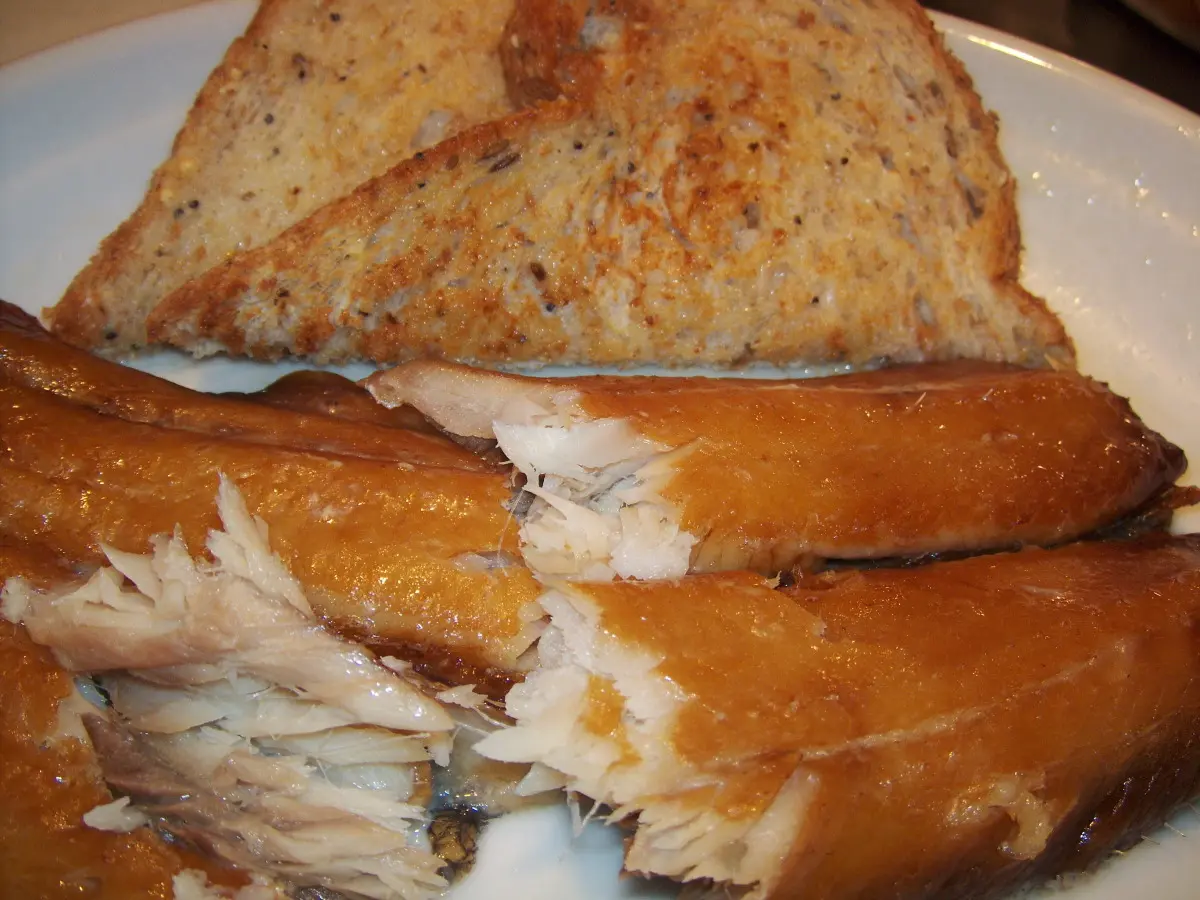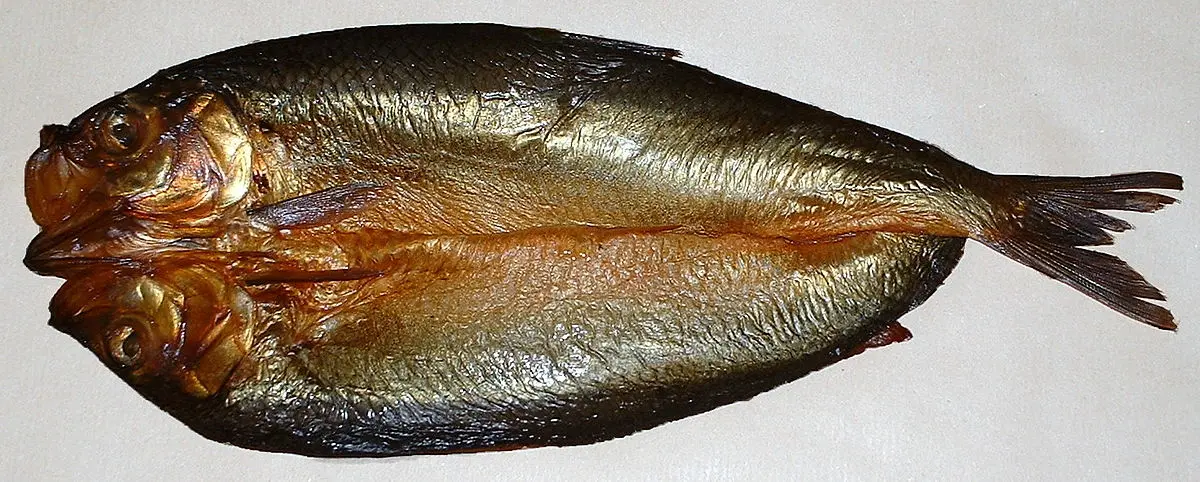When it comes to traditional British seafood, few dishes can compare to the exquisite flavors of smoked kippers. Kippers are a type of fish that have been cured through a smoking process, resulting in a distinct and smoky taste. In this article, we will explore what makes kippers unique, how they are prepared, and why they have become a beloved delicacy in British cuisine.
What is a Kipper?
A kipper is a whole herring that has been split, gutted, and cold-smoked. The smoking process involves hanging the fish in a smokehouse and exposing it to the smoke from burning oak or beechwood chips. This traditional method of preservation dates back centuries and is responsible for the rich and intense flavor that kippers are known for.
How are Kippers Prepared?
The preparation of kippers begins with the selection of high-quality herrings. The fish are carefully cleaned, removing the scales and entrails. Once cleaned, the herrings are split open, allowing the smoke to penetrate the flesh. They are then lightly salted and left to cure for several hours.
After the curing process, the herrings are transferred to the smokehouse, where they are hung on racks. The smokehouse is heated, and the fish are slowly smoked for several hours. The length of the smoking process can vary depending on the desired intensity of flavor.
The Unique Flavor of Smoked Kippers
The smoking process gives kippers their distinctive flavor. The combination of the smoky aroma and the natural oils found in the herring creates a taste that is both rich and savory. The texture of the fish is firm, yet tender, making each bite a delightful experience.
Smoked kippers are often enjoyed for breakfast or as a light lunch. They are commonly served hot, either grilled or pan-fried, and accompanied by buttered toast. The smoky flavors of the kippers pair perfectly with the creamy and slightly salty taste of the butter, creating a harmonious balance of flavors.
The History of Kippers
Kippers have a long-standing history in British cuisine. The smoking process was initially used as a method of preserving fish, allowing it to be stored and consumed throughout the year. The practice of smoking fish dates back to the 16th century and was particularly popular in coastal towns and fishing communities.
Over time, kippers gained popularity and became a staple in British households. They were affordable, nutritious, and provided a convenient source of protein. Today, while kippers are still enjoyed for their traditional flavors, they have also become a nostalgic symbol of British culinary heritage.
Frequently Asked Questions
Are kippers the same as sardines?
No, kippers are not the same as sardines. While both are types of fish, kippers are specifically prepared herrings that have been split, gutted, and smoked. Sardines, on the other hand, are small oily fish that are often canned or served fresh.

How do you store kippers?
Kippers should be stored in the refrigerator to maintain their freshness. They can be kept in their original packaging or transferred to an airtight container. It is recommended to consume kippers within a few days of purchase.
Can kippers be frozen?
Yes, kippers can be frozen. To freeze kippers, wrap them tightly in plastic wrap or place them in a freezer bag. They can be kept frozen for up to three months. When ready to enjoy, thaw the kippers in the refrigerator overnight and follow the desired cooking method.
In Conclusion
Smoked kippers are a true delight in British cuisine. Their unique smoky flavor and tender texture make them a favorite choice for seafood enthusiasts. Whether enjoyed for breakfast or as a light meal, kippers offer a taste of tradition and history. So why not indulge in the exquisite flavors of smoked kippers and experience a culinary journey through time?
If you want to know other articles similar to Delightful smoked kippers: a taste of british seafood you can visit the Seafood category.


Related Articles